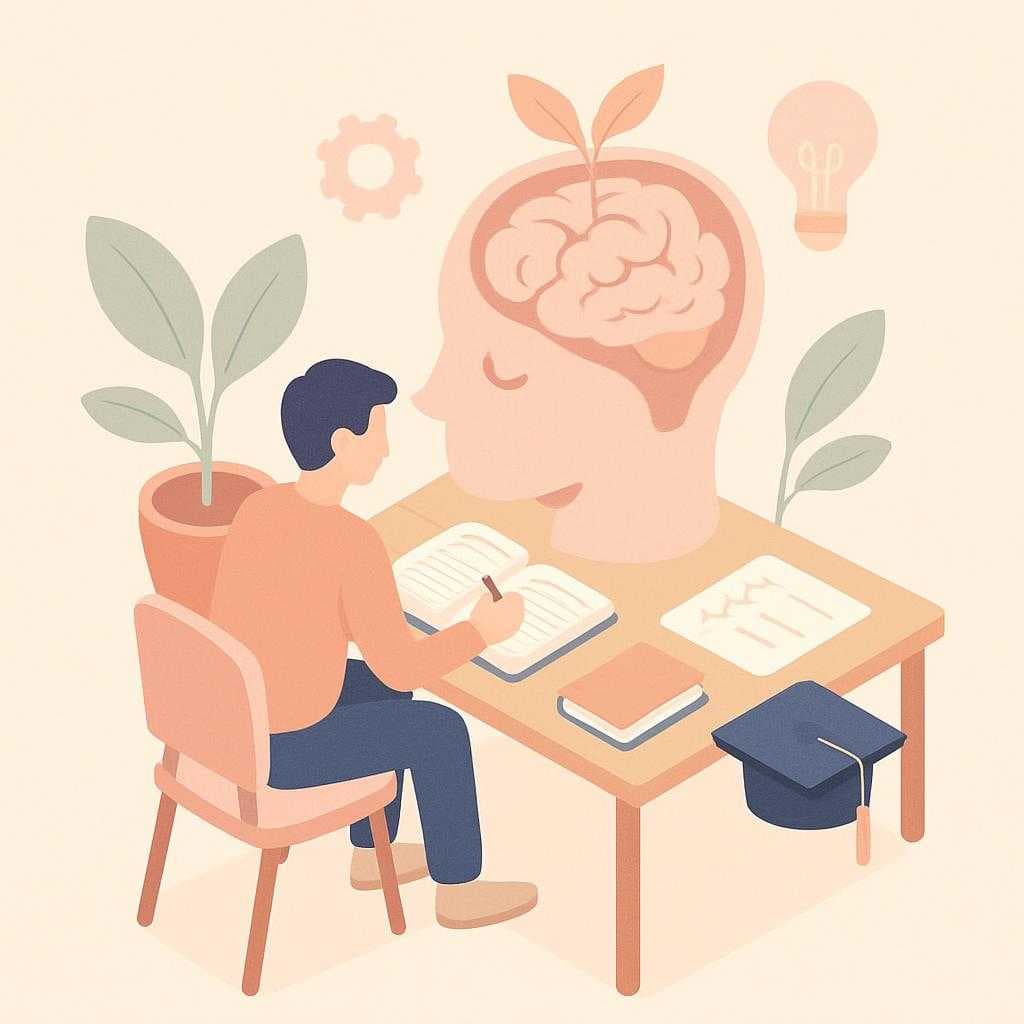The Psychology Mindset: Cultivating Success for A-Level Students
Summary: Discover how to develop a psychology mindset that boosts your A-Level performance. Unleash the power of critical thinking and self-awareness to excel in exams from AQA, Edexcel, and OCR.
Studying psychology at A-Level in the UK is an exciting journey into understanding human behavior and mental processes. Yet, with exams looming from boards like AQA, Edexcel, and OCR, students often find themselves overwhelmed. Developing a psychology mindset can not only ease your journey but also enhance your performance.
Understanding the Psychology Mindset
The psychology mindset is about cultivating a cognitive approach that prioritizes critical thinking, self-awareness, and reflective learning. It encourages students to go beyond rote memorization and engage with material in a manner that promotes deeper understanding and retention.
Critical Thinking: The Backbone of Psychology
To excel in A-Level psychology, students must hone their critical thinking skills. This involves evaluating theories, scrutinizing research methods, and understanding the implications of findings. Boards like AQA and OCR emphasize these skills in their exams, often requiring students to analyze studies and construct well-reasoned arguments.
Tip: Regularly engage with psychology journals or online articles to see how professional psychologists apply critical thinking. Try to critique these sources, noting their strengths and weaknesses.
Self-Awareness: Knowing Your Learning Style
Understanding your learning style is crucial. Are you a visual learner who benefits from diagrams and charts, or do you prefer reading and summarizing information? Once you know your style, tailor your revision strategies accordingly. Edexcel exams, for instance, often test your ability to apply psychological concepts to real-world scenarios, which might be easier if you use case studies that align with your learning preferences.
Tip: Take a learning style assessment to pinpoint your strengths and weaknesses, and adapt your study methods based on the results.
Reflective Learning: Turning Mistakes into Mastery
Reflective learning involves analyzing your past performance to identify areas for improvement. After completing past papers from your specific exam board, reflect on your answers. What did you do well? What could be improved? This process helps reinforce learning and builds confidence.
Tip: Keep a reflection journal where you jot down insights after each study session and exam practice. Over time, you'll notice patterns and areas that need more focus.
Conclusion
Cultivating a psychology mindset is a dynamic approach to mastering A-Level psychology. By enhancing critical thinking, recognizing your learning style, and engaging in reflective learning, you can navigate the challenges posed by AQA, Edexcel, and OCR exams with confidence. Remember, psychology isn't just about learning what others have discovered—it's about discovering how you learn best. Embrace this mindset, and you'll find yourself not only prepared for your exams but also inspired by the subject itself.
